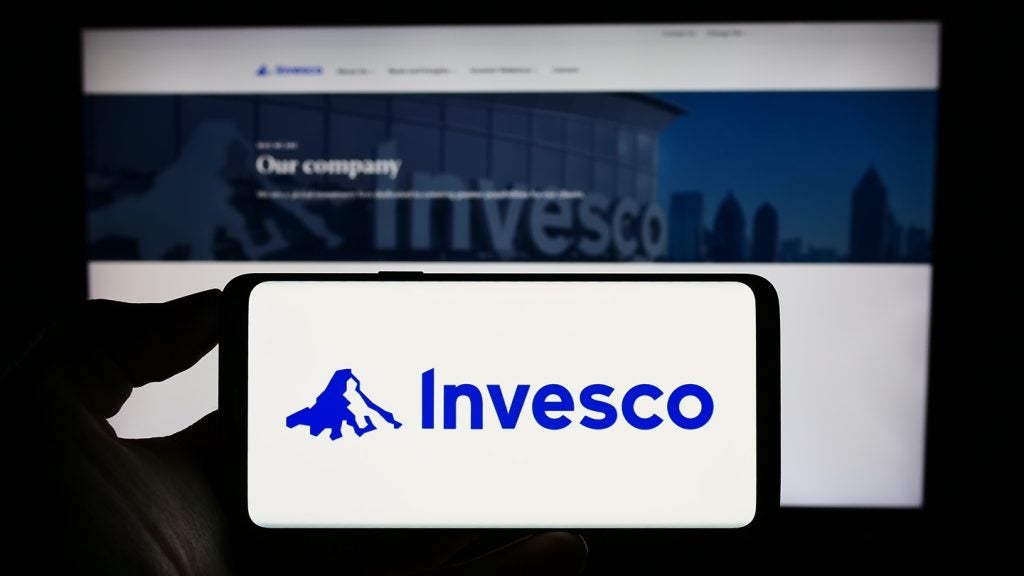
Based on the latest research from St. James’s Place, four out of ten (38%) UK investors plan to implement changes to their portfolios after the UK General Election is called. These changes could include changing their asset allocation, withdrawing money, making new investments, and diversifying across geographies.
Additionally, inexperienced investors who have been investing for less than a year (62%) are three times inclined to respond to this event than those who have been investing for more than a decade (19%).
In regard to the election, 38% of UK investors were questioned for SJP’s investor behaviour election poll, which found 1,000 investors overall. Of those who are taking action, 25% want to increase their exposure to stocks, 22% to bonds, and 24% want to reduce their UK investments in order to diversify abroad. On the other hand, 13% want to make more investments in the UK market.
Positively, the study reveals that those that make adjustments are more likely to add to their contributions (33%) as opposed to taking money out (15%). Only 19% of respondents said they had lost faith in the UK stock market, and 13% said the election had made them less confident in their personal assets.
Additionally, the poll revealed that investors who have been investing for less than a year are more likely to respond to the election; only 19% of investors who have been investing for over 10 years plan to make changes to their portfolio. With 81% of respondents indicating they will modify their portfolios and only 12% stating they will take no action, the 25–34 age group is the most active. In contrast, 74% of individuals aged 45–54 and 85% of those aged 55 and above, respectively, stated they would remain passive and take no action.
SJP’s research of UK market performance data covering the past ten UK elections, dating back to 1987, revealed no apparent trends between election outcome and market success, highlighting the necessity of staying invested rather than following the noise or attempting to time the market in response to short-term occurrences.
How well do you really know your competitors?
Access the most comprehensive Company Profiles on the market, powered by GlobalData. Save hours of research. Gain competitive edge.

Thank you!
Your download email will arrive shortly
Not ready to buy yet? Download a free sample
We are confident about the unique quality of our Company Profiles. However, we want you to make the most beneficial decision for your business, so we offer a free sample that you can download by submitting the below form
By GlobalDataThe UK equities market performed generally well over each government’s tenure, with the sole consistent outcome being positive medium to long-term performance. Major external shocks, such as the 1987 stock market crash and the 2000 dot-com bubble burst, had a larger influence.
Joe Wiggins, investment research director, St. James’s Place commented: “Our research into market behaviour shows that political events such as General Elections have limited impact over the long-term. Therefore, while any period of political change can cause investors to worry, it is important not to become overly distracted by short-term noise.
“It is encouraging to see that very few respondents were looking to react to current events by withdrawing their investments, but It is important to remember that timing the market also applies to adjusting our asset allocation. High profile events can often tempt us into injudicious trading decisions, and this is something we should look to guard against.
“Successful long-term investing is founded upon building a diversified portfolio spread across asset classes and geographies and tailored to meet our return and risk objectives. If we get this right, we should be well-positioned to meet our goals irrespective of short-term events.”







